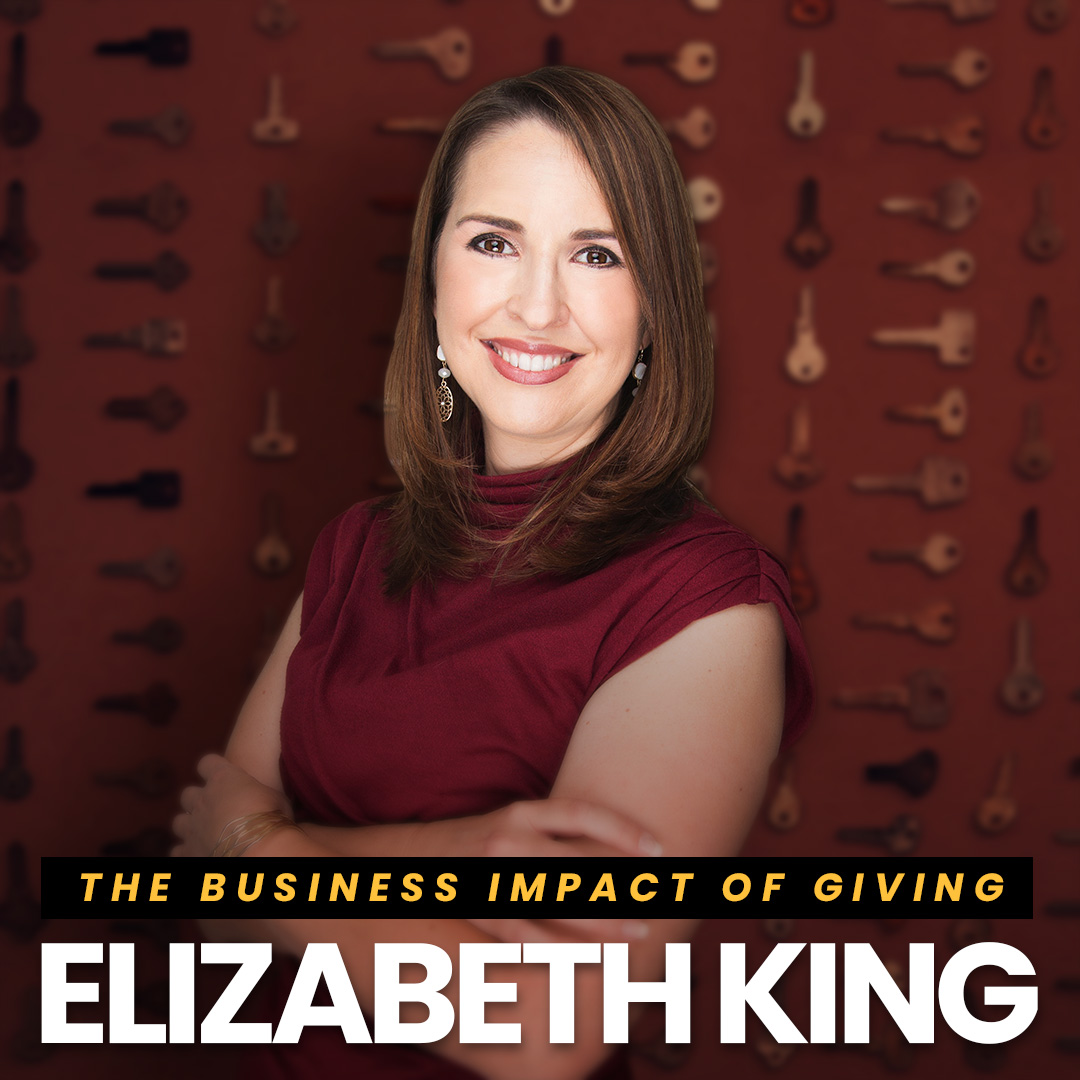Is your small business involved in charitable giving?
This episode will explore the ripple effects of supporting local charities. You may be surprised to learn how it offers rewards for your business—both personally and financially. Making the right charitable giving choices can strengthen your connection to the local community while enhancing your workplace culture.
Whether you are ready to support local charities for the first time or want to learn how to make the most of your current giving strategy, this episode will help. Listen now!










